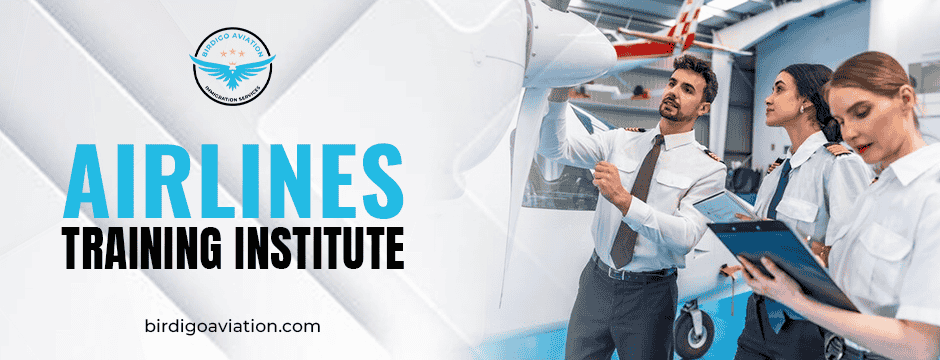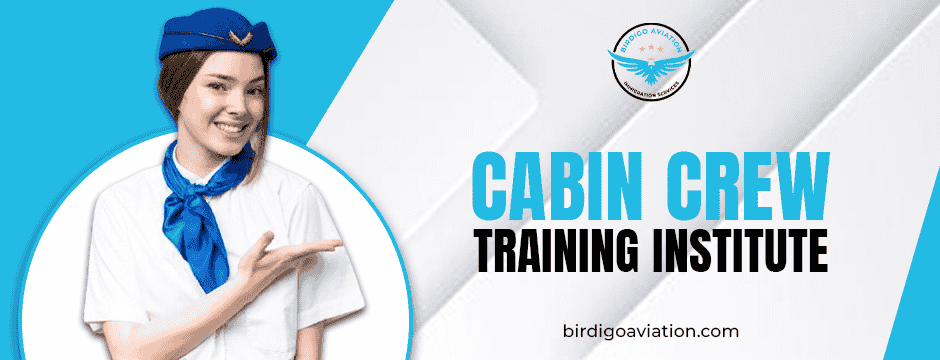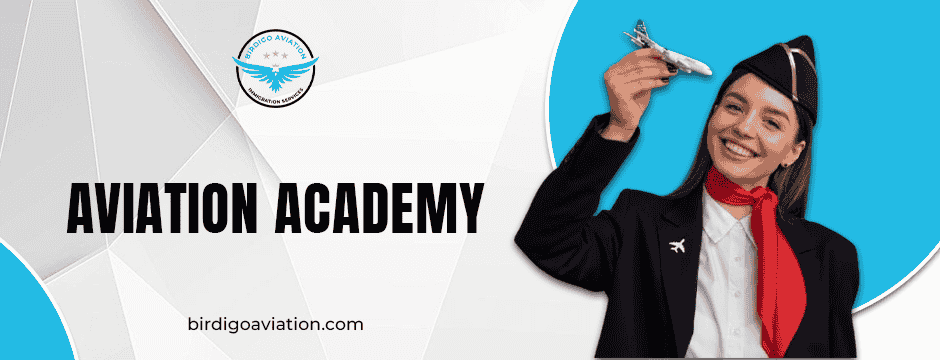Air travel has always been a dynamic industry—constantly evolving with advancements in technology, safety regulations, customer expectations, and operational standards. Behind every smooth flight experience, there’s an entire team of well-trained professionals ensuring that everything runs seamlessly, from ticket booking to landing. While pilots and cabin crew often steal the spotlight, there’s an entire network of skilled individuals—air traffic controllers, ground staff, maintenance engineers, and airline operations managers—working tirelessly behind the scenes.
Airlines Training Institute are at the heart of producing these industry-ready professionals. With comprehensive curricula, hands-on training modules, and exposure to real-world challenges, these institutes are equipping graduates with the knowledge and skills to push the boundaries of efficiency, safety, and passenger satisfaction. Today’s graduates are not only meeting the industry’s current needs but are also redefining the future of aviation by integrating modern technologies, adopting sustainable practices, and enhancing passenger experiences like never before.

Elevating Passenger Experience Through Service Excellence
Graduates from the Airlines Training Institute are trained to master the art of customer service in high-pressure environments. They understand that air travel isn’t just about getting from point A to point B—it’s about creating memorable journeys. From multilingual communication skills to cultural sensitivity, they ensure that passengers feel comfortable and valued throughout the journey.
Cabin crew members, for instance, are now trained not only in hospitality but also in passenger psychology, allowing them to handle challenging situations with empathy and professionalism. This shift in training is leading to higher passenger satisfaction rates and stronger brand loyalty for airlines.
Driving Operational Efficiency with Technology
Airlines today rely heavily on cutting-edge systems for check-in, baggage handling, crew scheduling, and maintenance tracking. Training institutes prepare graduates to work seamlessly with these digital platforms.
For example, graduates trained in airline operations management can efficiently plan flight schedules using AI-powered forecasting tools. This ensures optimal aircraft utilisation, fewer delays, and better resource management. By blending technical expertise with problem-solving skills, these professionals help airlines save time, reduce operational costs, and improve on-time performance.
Strengthening Aviation Safety Standards
Safety is the backbone of air travel, and it’s an area where graduates are making some of the most significant contributions. Cabin crew training institute focuses extensively on safety protocols, emergency procedures, and regulatory compliance.

From understanding international aviation regulations to conducting detailed pre-flight safety checks, these graduates are instilled with a safety-first mindset. This not only minimises the risk of accidents but also builds passenger trust. Moreover, many graduates now specialise in safety management systems (SMS) and risk assessment, ensuring that airlines remain compliant with evolving safety standards globally.
Pioneering Sustainability in Air Travel
Environmental concerns have become a central focus for the aviation industry, and graduates from forward-thinking training programs are playing a key role in driving sustainability initiatives.
They are trained in eco-friendly ground operations, efficient fuel management, and waste reduction practices on board. Many also contribute to airline policies that promote carbon offsetting and greener technologies. As climate-conscious travellers grow in number, these sustainable practices are becoming a competitive advantage for airlines.
Revolutionising Air Cargo and Logistics
Air travel isn’t limited to passengers—cargo transport is another vital component. Aviation academy graduates specialising in cargo operations are streamlining the global supply chain by implementing advanced tracking systems, improving cargo safety, and optimising load management.

This ensures that goods—from perishable foods to high-value electronics—reach their destinations quickly and safely. Their expertise supports the smooth functioning of e-commerce, international trade, and humanitarian relief efforts.
Integrating Artificial Intelligence and Data Analytics
Modern aviation thrives on data. Whether it’s predicting passenger demand, monitoring aircraft health, or personalising travel experiences, data-driven decision-making is now at the core of airline operations.
Graduates are increasingly being trained in AI, machine learning, and big data analytics. By applying these tools, they can forecast weather patterns for safer routes, automate customer support, and even predict technical failures before they occur—saving airlines from costly repairs and delays.
Enhancing Security and Crisis Management
Security remains a top priority for airlines worldwide. Graduates trained in aviation security protocols bring a deep understanding of threat assessment, passenger screening, and crisis management strategies.
From preventing unauthorised access to aircraft to managing complex situations like medical emergencies or political unrest in destination countries, these professionals help airlines maintain resilience in the face of disruptions.
Promoting Global Cultural Competence
Airlines Institutes prepare graduates to operate in a truly global environment. This includes understanding diverse cultures, customs, and communication styles—crucial in an industry that serves passengers from every corner of the world.
Such cultural competence enables smoother passenger interactions, reduces misunderstandings, and fosters a more inclusive travel environment. This skillset also allows graduates to adapt to international assignments with ease, making them highly sought after by global carriers.
Transforming Training Standards Themselves
Interestingly, graduates are also influencing how future aviation professionals are trained. Many return to training institutes as instructors, bringing real-world experience and insights that keep curricula relevant to the rapidly evolving industry.
By integrating virtual reality simulations, AI-driven learning modules, and collaborative training exercises, they are ensuring that the next generation of professionals enters the workforce better prepared than ever before.
Bridging the Skill Gap in Emerging Markets
In emerging markets, the demand for skilled aviation professionals often outpaces supply. Graduates from top training institutes are stepping in to fill this gap, bringing international best practices to developing regions.
They are helping local airlines adopt global safety standards, improve customer service, and leverage technology—ultimately boosting the competitiveness of these carriers on the world stage.
Final Thoughts
Airlines Training Institute graduates are not just joining the aviation industry—they are transforming it. With their blend of technical expertise, customer service excellence, and forward-thinking innovation, they are shaping a future where air travel is safer, faster, more sustainable, and more enjoyable than ever before.For aspiring aviation professionals seeking world-class training that aligns with the industry’s evolving needs, Birdigo Aviation stands out as a trusted gateway to a rewarding career. With comprehensive programs, hands-on learning, and expert mentorship, we ensure that our graduates are ready not just to meet industry expectations but to set new benchmarks in air travel excellence.

